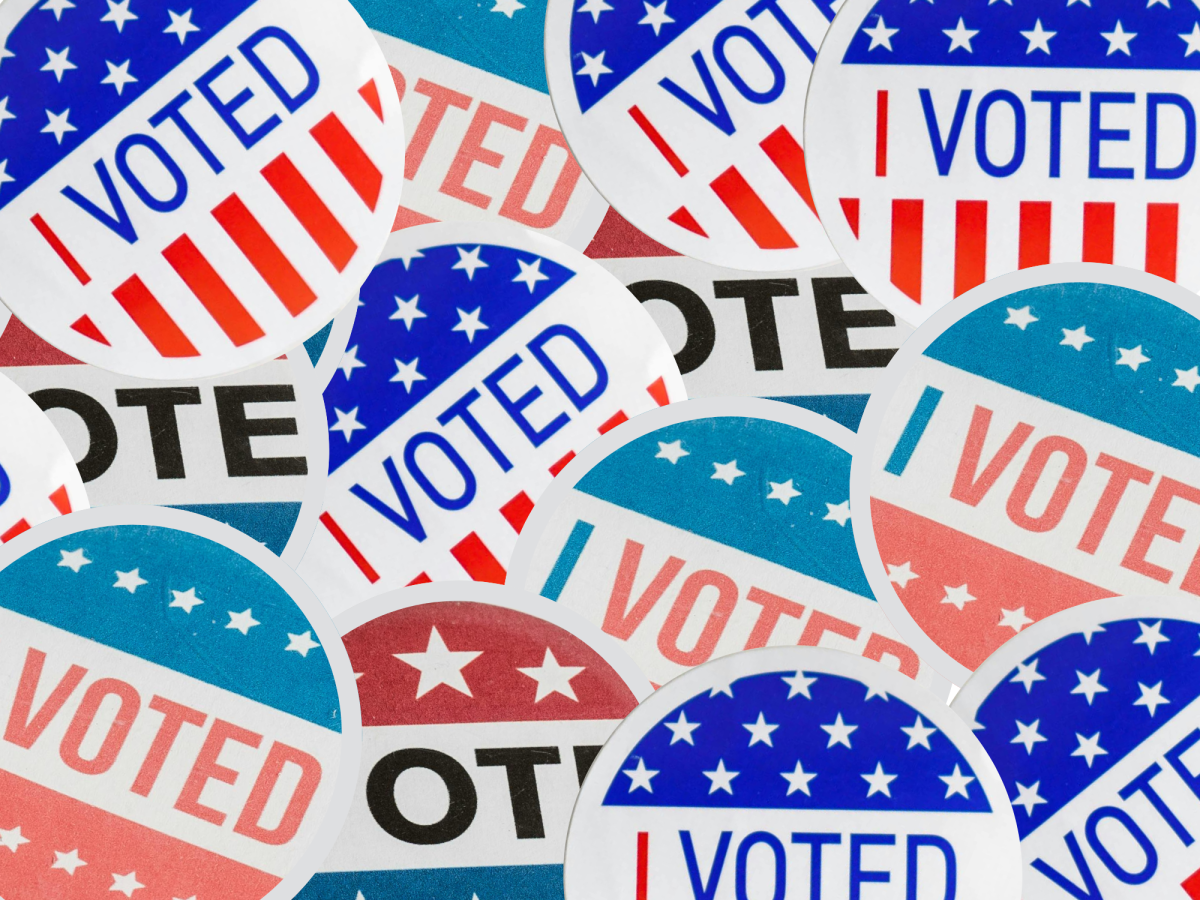While voting is one of the most important civic duties, mandating it could lay the foundation for government infringements on personal freedoms.
Mandating a vote could allow for more accurate representation and increase civic engagement. However, doing so risks undermining the civil autonomy on which American democracy rests.
The United States faced low voter turnout rates with most presidential elections during an increasingly divided political era. A recent study conducted by the Pew Research Center showed that only 66% of Americans voted in the previous presidential election.
In states where one party composes the overwhelming majority, such as Republicans in Texas or Democrats in New York, voters of the minority party have little incentive to vote.
This begs the question: Is the American voting system due for reform? The American Bar Association has stated that there have been over 700 attempts to either eliminate or ratify the Electoral College system – none of them have succeeded.
Voter participation is even lower for midterm and local elections, which elect lower-level government officials but are arguably more important to the lives of Americans.
“City and municipal governments are responsible for concerns, such as police department budgeting, education reform, lower-level courts, and local infrastructure,” an article published by the Harvard Political Review stated.
These issues are of far greater importance for voters’ day-to-day lives than large-scale federal legislation.
Still, there are several reasons why non-voters decide to abstain from this civic duty.
According to a poll conducted by Ipsos, the majority of non-voters feel like voting either has little to no impact on their lives, little to no impact on how the nation is run or that their vote doesn’t make a difference.
Furthermore, public distrust in government and politics has reached historic lows. According to the Pew Research Center, only 16% of Americans have confidence in the political system.
A compulsory voting system would further damage the political landscape in the United States. An article published by the Cato Institute states that voters would cast ballots in an uninformed way, often choosing the first candidate listed.
Countries such as Australia have implemented a compulsory vote in which citizens can face a fine if they do not vote.
Moreover, a New York Times article argues that the average voter is misinformed and uneducated about basic economic and political principles, leading many of these voters to abstain. Integrating these voters into the political landscape would further increase the divide and exacerbate poor decisions by the voting population.
Furthermore, voting is widely acknowledged as a form of speech and expression. Americans have the right to free speech, as stipulated in the First Amendment of the Constitution. This also includes the right to abstain from speech. Therefore, mandating the vote would be seen as an infringement on constitutional rights.
Rather than mandating a vote, more efforts should be made to educate and inform the voting population. With distrust in the political system, it seems only natural that many Americans choose not to vote. Investing resources into enhancing voters’ understanding of American politics would enhance participation in both general and local elections.
There are several approaches to educate voters about important issues in politics. The Department of Education has released guides such as the Voter Toolkit which is primarily targeted to young students.
Independent support centers such as the League of Women Voters promote voter education through print and online resources and in-person forums. These centers and departments provide pathways for potential voters to educate themselves about issues in both local and federal politics to enhance their political participation.
Making the vote compulsory infringes on Americans’ rights to free speech and expression.







